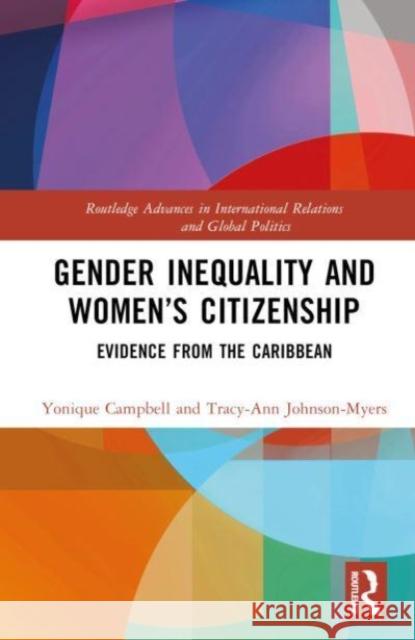Gender Inequality and Women's Citizenship » książka
topmenu
Gender Inequality and Women's Citizenship
ISBN-13: 9780367650858 / Twarda / 2023 / 156 str.
Gender Inequality and Women's Citizenship
ISBN-13: 9780367650858 / Twarda / 2023 / 156 str.
cena 756,05
(netto: 720,05 VAT: 5%)
Najniższa cena z 30 dni: 654,86
(netto: 720,05 VAT: 5%)
Najniższa cena z 30 dni: 654,86
Termin realizacji zamówienia:
ok. 16-18 dni roboczych.
ok. 16-18 dni roboczych.
Darmowa dostawa!
Gender Inequality and Women’s Citizenship combines cases across Barbados, Guyana, Jamaica and Trinidad and Tobago to highlight the range of systemic inequalities that impact women in the Anglo-Caribbean.











